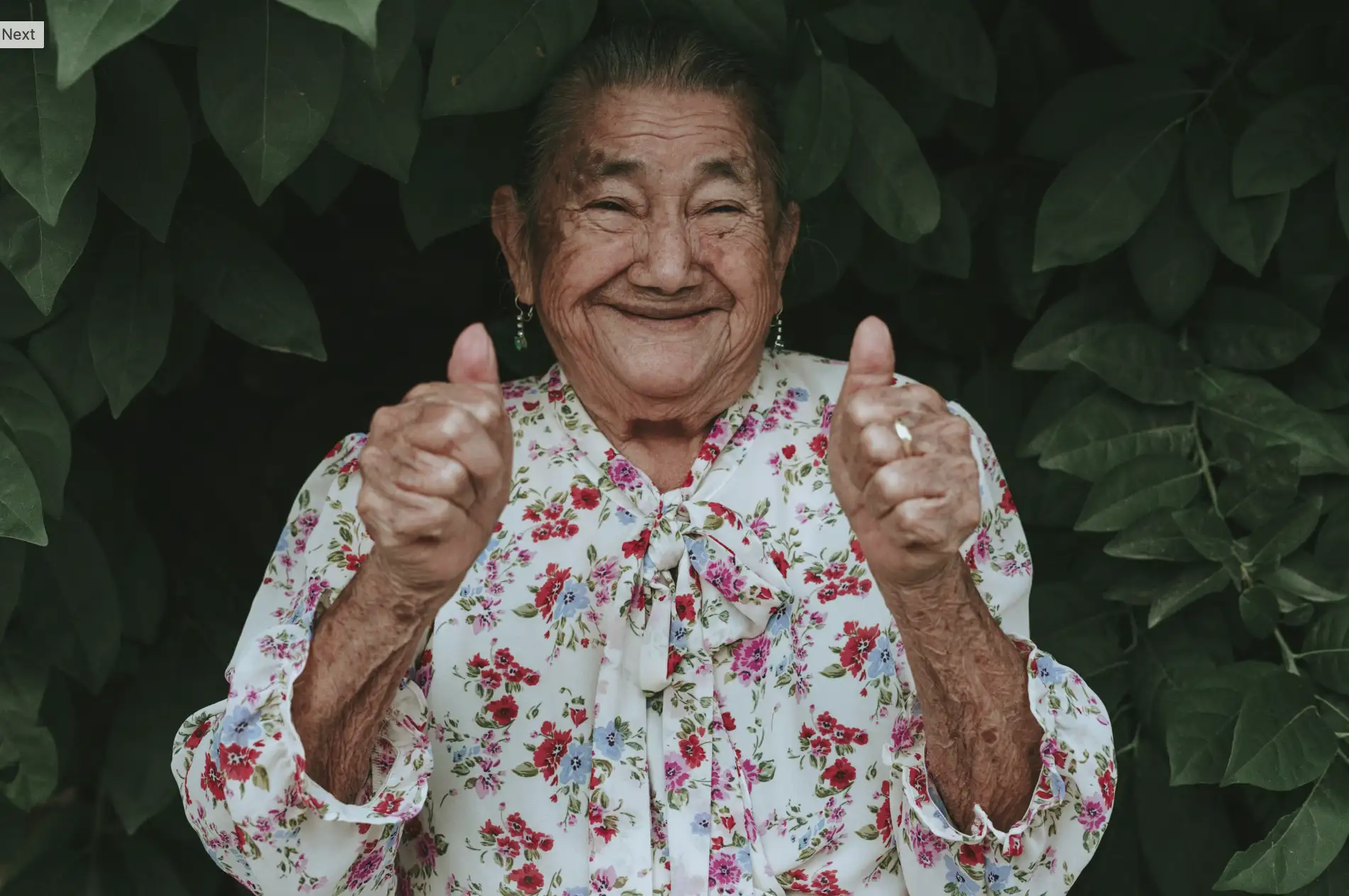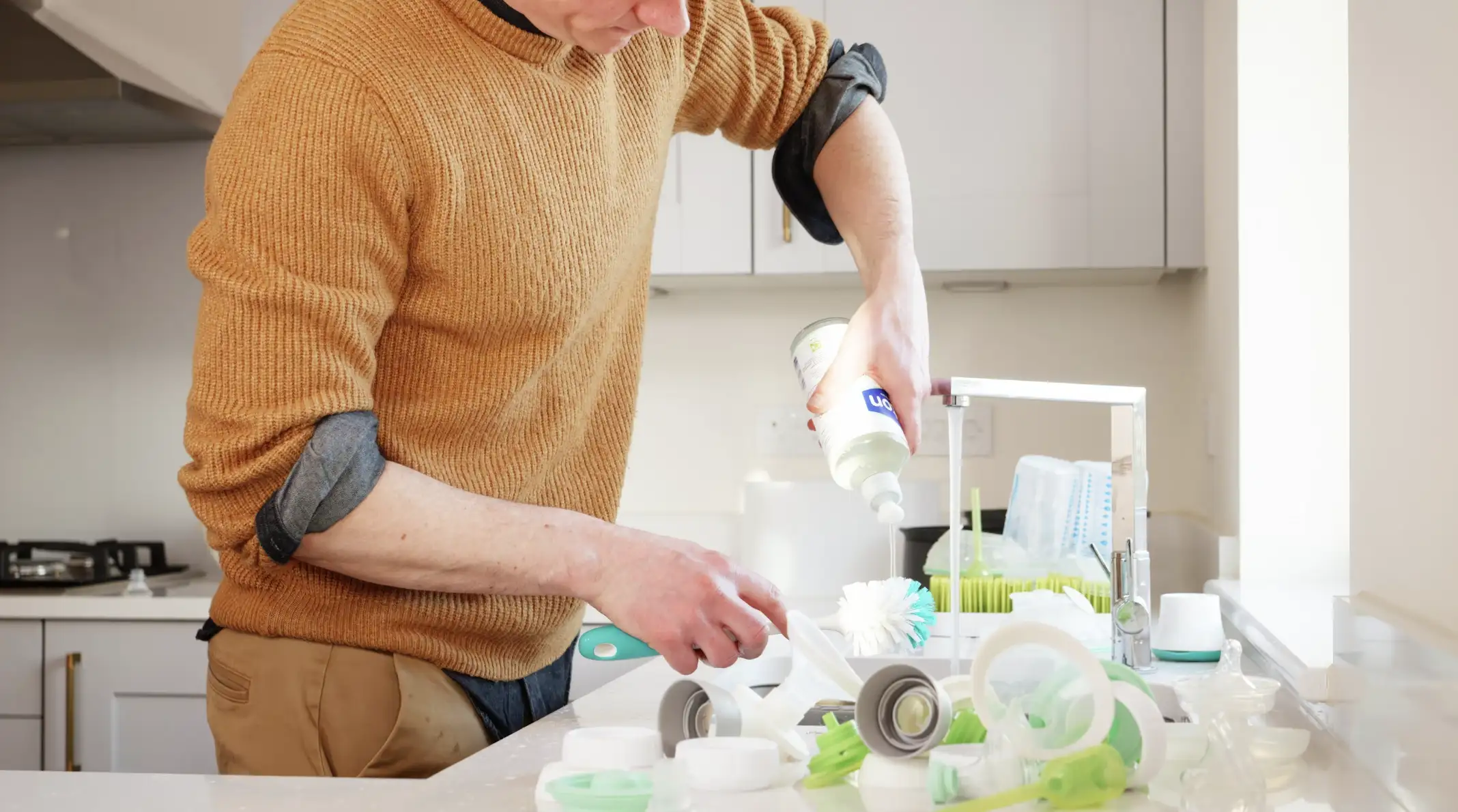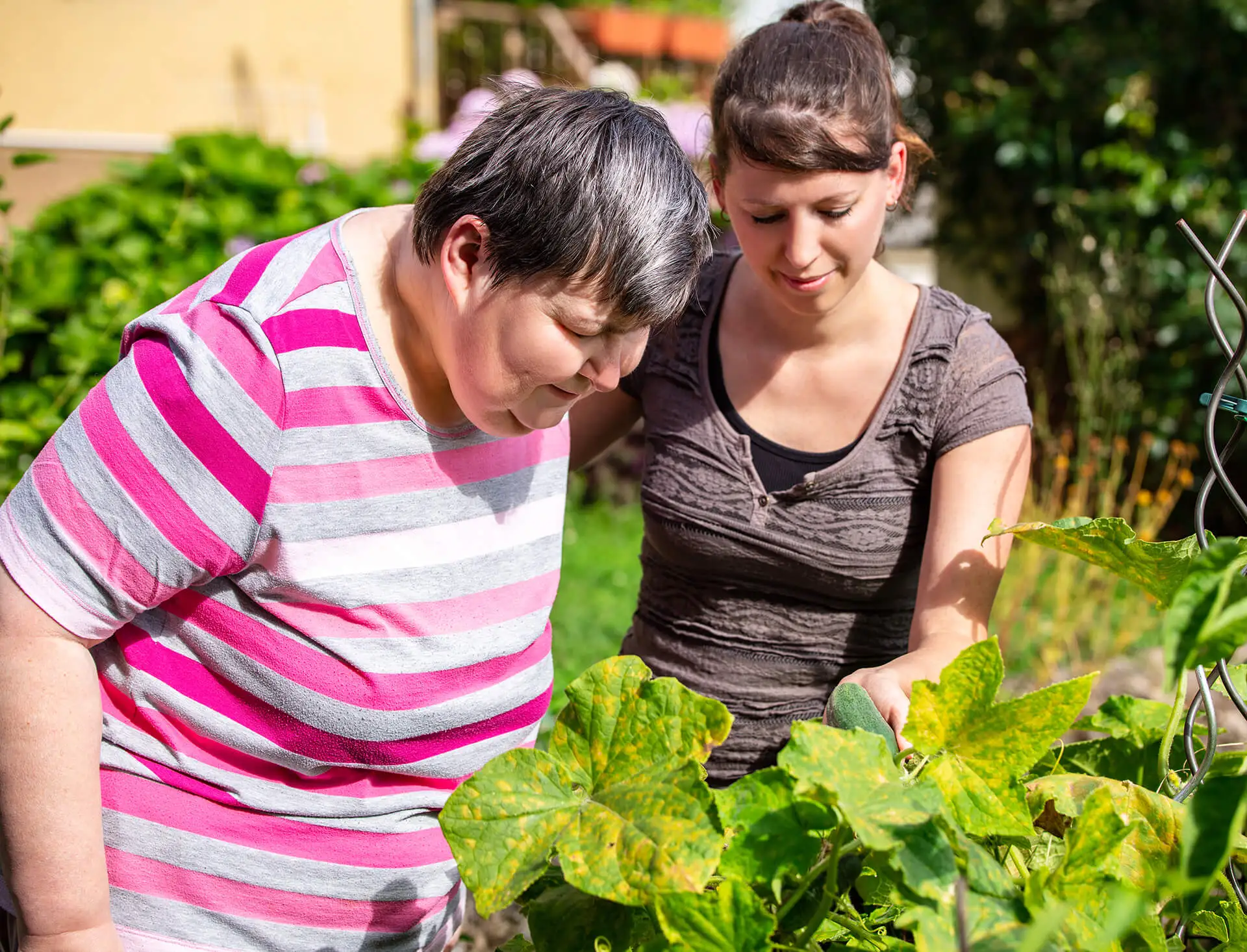Staying active and socially connected is the key to a vibrant and fulfilling life in your senior years. For those in Australia’s two largest cities, there is a world of opportunity waiting. From bustling community centres and serene gardens to creative classes and social clubs, Sydney and Melbourne offer a rich variety of activities tailored for seniors.
This guide is your practical resource for discovering the best things to do. We’ve compiled a list of specific, actionable ideas—many of them free or low-cost—to help you, or a loved one, stay engaged, healthy, and happy.
Activities for Seniors in Sydney
Sydney’s stunning harbour, beautiful parks, and dynamic community programs provide an incredible backdrop for senior activities.
Physical Activities
- Walking Groups: Join organised walks through iconic locations like the Royal Botanic Garden or along the Bondi to Bronte coastal path. Local councils also run many walking groups.
- Gentle Exercise: Look for classes like Tai Chi, gentle yoga, and aqua aerobics at local community hubs like the Ron Williams Centre in Redfern or the Cliff Noble Centre in Alexandria.
- Lawn Bowls: A classic and social way to stay active. Clubs are located throughout the city and suburbs.
Creative & Educational Pursuits
- Art & Craft Classes: Many community centres, like the Ultimo Community Centre, offer art clubs, sewing circles, and knitting groups.
- Lifelong Learning: U3A Sydney (University of the Third Age) offers low-cost courses on everything from history and languages to photography and philosophy, with branches across the city.
- Museums & Galleries: The Art Gallery of NSW offers free general admission. Many other museums offer concession discounts for seniors.
Social Clubs & Community Centres
- Seniors Clubs: Most local councils, including the City of Sydney and North Sydney Council, operate seniors’ centres with full calendars of events, from card games to social lunches.
- Probus Clubs: These clubs, found across Sydney, offer a ready-made social network with regular meetings, guest speakers, and outings.
- Volunteering: A wonderful way to meet people and contribute to the community. Check with your local council for opportunities.
Free & Low-Cost Fun in Sydney
- Explore the Parks: Entry to the Royal Botanic Garden, Centennial Park, and Hyde Park is completely free.
- Visit the Library: Membership is free, offering access to books, computers, and regular community events.
- NSW Seniors Festival: Held annually (usually in March), this festival offers hundreds of free and discounted activities across the city.
Activities for Seniors in Melbourne
Melbourne is renowned for its vibrant arts scene, beautiful gardens, and thriving community life, offering endless options for seniors.
Physical Activities
- Tai Chi in the Park: The City of Melbourne offers regular Tai Chi classes in Fawkner Park.
- Walking Basketball: A fun, social, and low-impact version of the sport is available at the Melbourne Sports and Aquatic Centre (MSAC).
- Swimming: Many local pools offer dedicated seniors’ sessions and aqua aerobics classes.
Creative & Educational Pursuits
- NGV Seniors: The National Gallery of Victoria (NGV) hosts regular events like “Seniors Tea,” combining a guided tour with morning tea. General entry is free.
- U3A Melbourne: With campuses across the city, including U3A Melbourne City, seniors can enrol in a huge range of subjects and activities.
- Learn a New Skill: Neighbourhood houses across Melbourne offer courses in everything from pottery and painting to computer skills and languages.
Social Clubs & Community Centres
- Chatty Cafes: The City of Melbourne supports “Chatty Cafe” events at locations like the Kensington Neighbourhood Centre, providing a space for conversation and connection.
- Men’s Sheds: The Melbourne Men’s Shed at Federation Square is a great place for men to socialise, work on projects, and support each other.
- Local Community Hubs: Councils like Boroondara have excellent online directories listing dozens of local seniors’ clubs and activities.
Free & Low-Cost Fun in Melbourne
- Wander the Gardens: Enjoy free entry to the stunning Royal Botanic Gardens Victoria and the Carlton Gardens.
- Queen Victoria Market: Soak up the atmosphere, browse the stalls, and enjoy the sights and sounds of this iconic market.
- City Circle Tram: Take a free ride on the historic City Circle Tram to get your bearings and see the city’s landmarks.
How MD Home Care Can Help You Stay Active
Having the freedom and support to participate in community activities is essential for wellbeing. At MD Home Care, we don’t just provide care at home—we help our clients stay connected to the lives they love.
Our support workers can assist with:
- Transport: Getting you safely to and from your social events, classes, and appointments.
- Companionship: Attending an activity with you, providing support and encouragement.
- Planning: Helping you research local activities and manage your social calendar.
If you or a loved one needs support to continue enjoying all that Sydney and Melbourne have to offer, contact MD Home Care today. We can tailor a care plan that prioritizes your social and community engagement.


